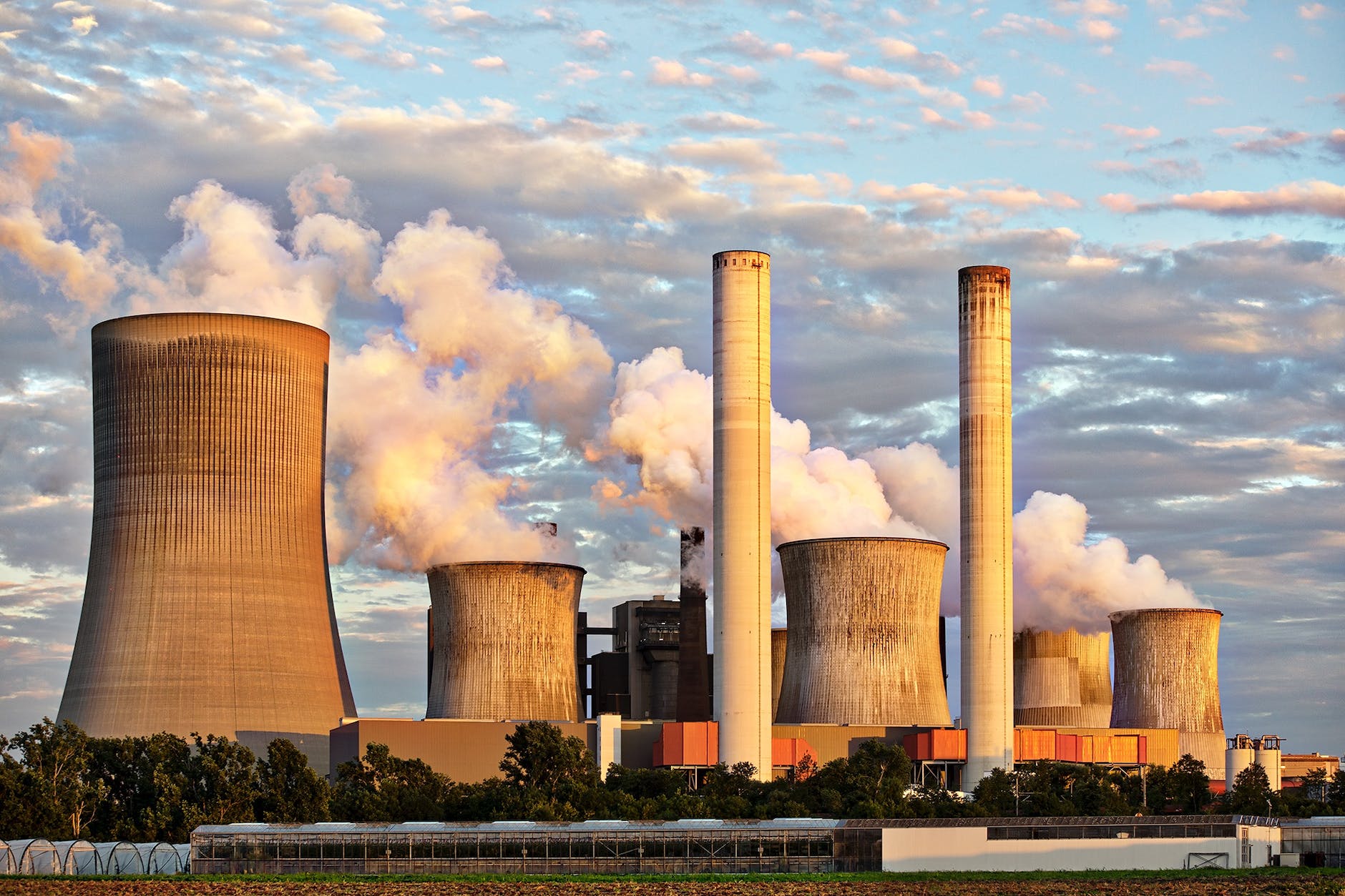
Basic Safety Knowledge of Power Plant
Basic Safety Knowledge of Power Plant : Power plants are vital facilities that generate electricity to meet the energy needs of our modern world. While they play a crucial role in our daily lives, they also pose potential hazards to both the environment and those who work in them. Understanding the basic safety knowledge of power plants is paramount to ensure the well-being of employees and the efficient operation of these facilities.
Introduction
Power plants are essential for generating the electricity we use every day. However, they can be dangerous places if proper safety precautions are not taken. In this article, we will explore the basic safety knowledge required to work in or around power plants.
Types of Power Plants
2.1 Fossil Fuel Power Plants
Fossil fuel power plants, such as coal and natural gas plants, are common sources of electricity. Safety in these facilities includes managing flammable materials, preventing explosions, and reducing emissions.
2.2 Nuclear Power Plants
Nuclear power plants harness the energy from nuclear reactions. Safety in nuclear plants is of utmost importance, with a focus on preventing radiation exposure and maintaining reactor stability.
2.3 Renewable Energy Power Plants
Renewable energy power plants, like wind and solar farms, are becoming more prevalent. Safety involves handling equipment for these technologies and ensuring workers are not exposed to hazardous conditions.
Safety Measures
3.1 Training and Education
All power plant workers should receive thorough safety training and education to understand potential risks and how to mitigate them.
3.2 Protective Gear
Proper protective gear, such as helmets, gloves, and safety suits, is crucial to safeguard workers from various hazards.
3.3 Emergency Procedures
Power plants must have well-defined emergency procedures, including evacuation plans and protocols for responding to accidents.
3.4 Hazardous Materials Handling
Proper handling and storage of hazardous materials like chemicals and fuels are essential to prevent accidents.
Equipment Safety
4.1 Turbines and Generators
Safety measures for turbines and generators include regular maintenance to prevent malfunctions.
4.2 Boiler Safety
Boiler safety is crucial to prevent explosions and steam-related accidents.
4.3 Electrical Systems
Safety in electrical systems involves avoiding electrocution and fires caused by electrical faults.
4.4 Cooling Systems
Efficient cooling system operation is vital to prevent overheating and equipment failure.
Fire Safety
Fire safety measures, including the presence of firefighting equipment and training, are essential to prevent and manage fires.
Radiation Hazards (For Nuclear Plants)
In nuclear power plants, shielding materials and strict safety protocols are used to minimize radiation exposure.
Environmental Concerns
Power plants must adhere to environmental regulations to minimize pollution and protect the ecosystem.
Safety Audits and Inspections
Regular safety audits and inspections help identify potential hazards and ensure compliance with safety standards.
Safety Culture
Promoting a safety-conscious culture among employees is crucial for maintaining a safe working environment.
Conclusion
Understanding the basic safety knowledge of power plants is essential for safeguarding the people who work in these facilities and protecting the environment. By implementing rigorous safety measures, conducting regular inspections, and fostering a safety culture, power plants can operate efficiently while minimizing risks.
Basic Safety Knowledge of Oil and Gas
Basic Safety Knowledge of Construction
Safety Officer Interview Questions: Basic Safety Knowledge
How To Succeed in your new HSE Job!
Top 21 HSE Interview Questions and Answers! (How To Pass HSE Job Interview)
FAQs
- What is the most common type of power plant?
- Fossil fuel power plants, particularly those using natural gas, are the most common.
- Are power plant workers exposed to radiation?
- Workers in nuclear power plants may be exposed to radiation, but strict safety measures are in place to minimize this risk.
- How often should safety audits be conducted in power plants?
- Safety audits should be conducted regularly, typically annually, but more frequently if necessary.
- What is the role of protective gear in power plant safety?
- Protective gear, such as helmets and gloves, helps protect workers from various hazards, including heat and chemicals.
- Why is a safety culture important in power plants?
- A safety culture promotes awareness and adherence to safety protocols, reducing the likelihood of accidents.
In this article, we have explored the fundamental safety knowledge required for power plants, ranging from different types of power plants to safety measures, equipment safety, fire safety, and environmental concerns. By following these guidelines, power plants can operate efficiently while minimizing risks to their workers and the environment.
























